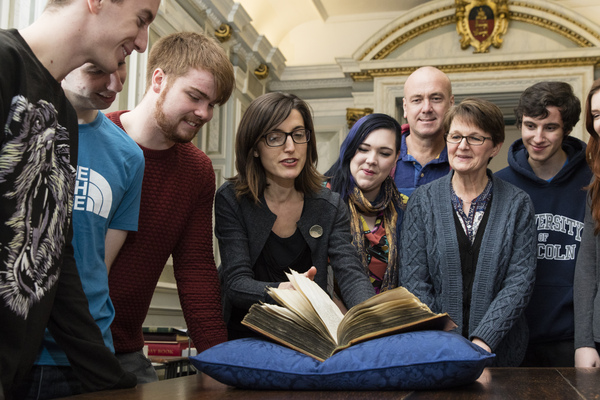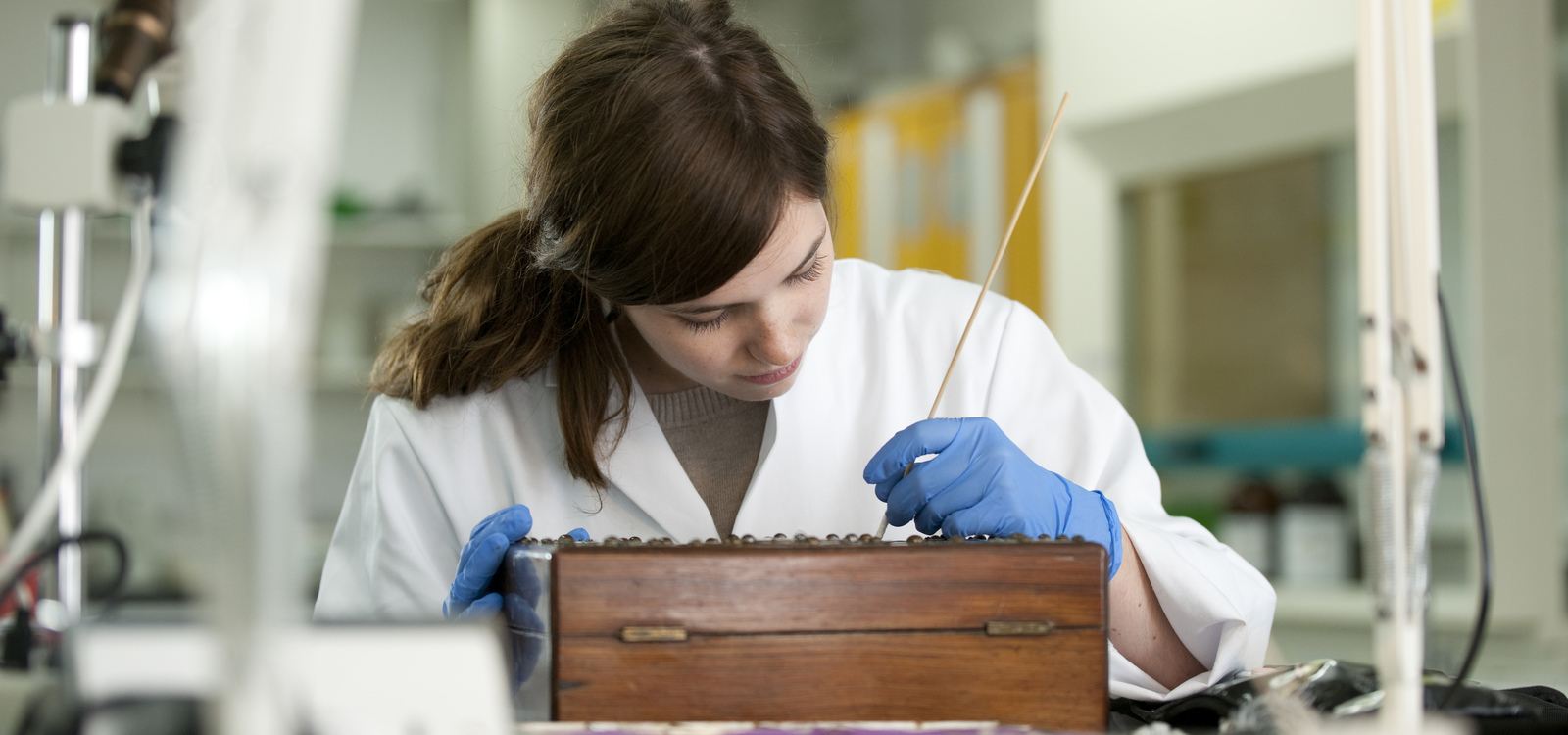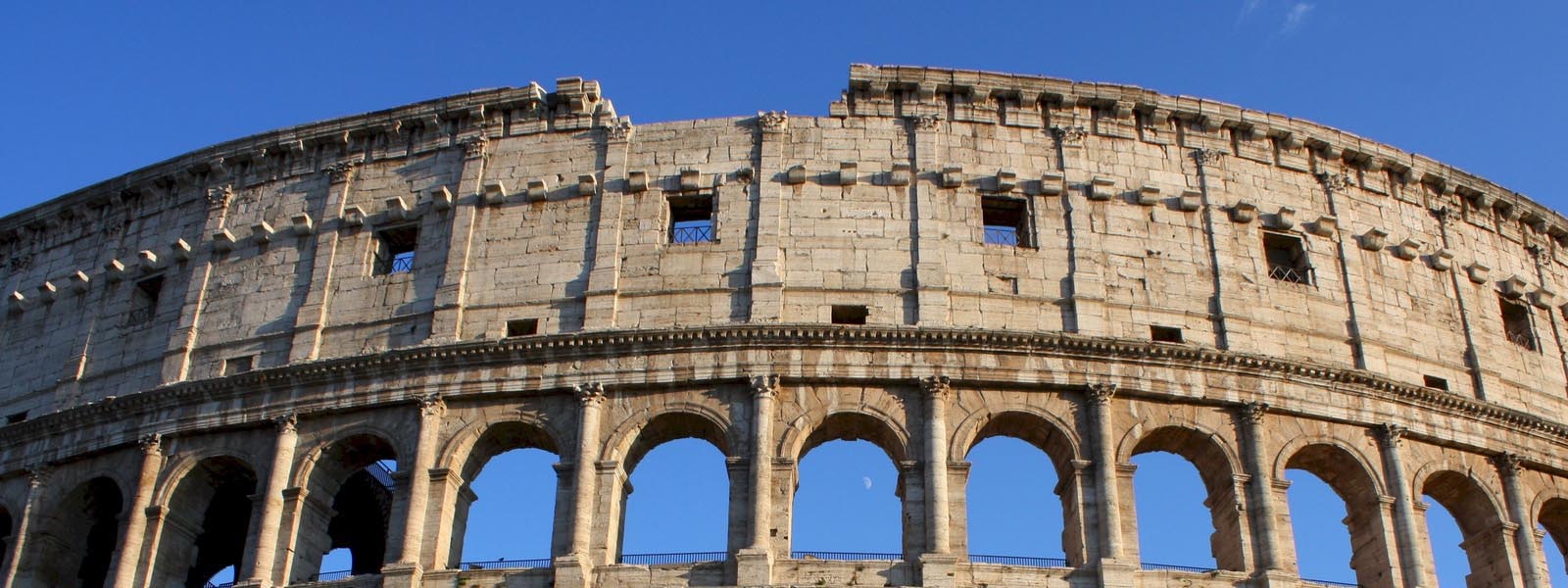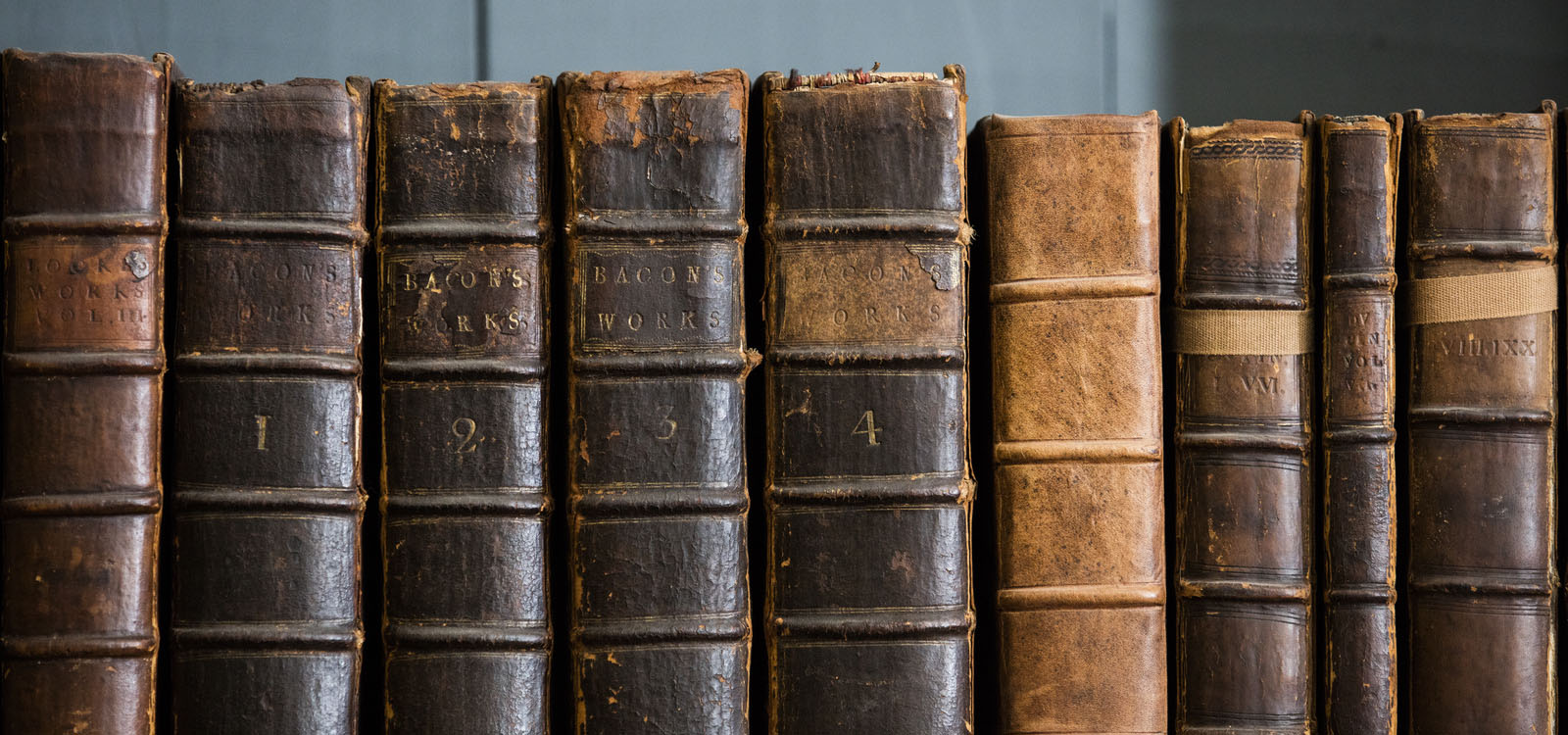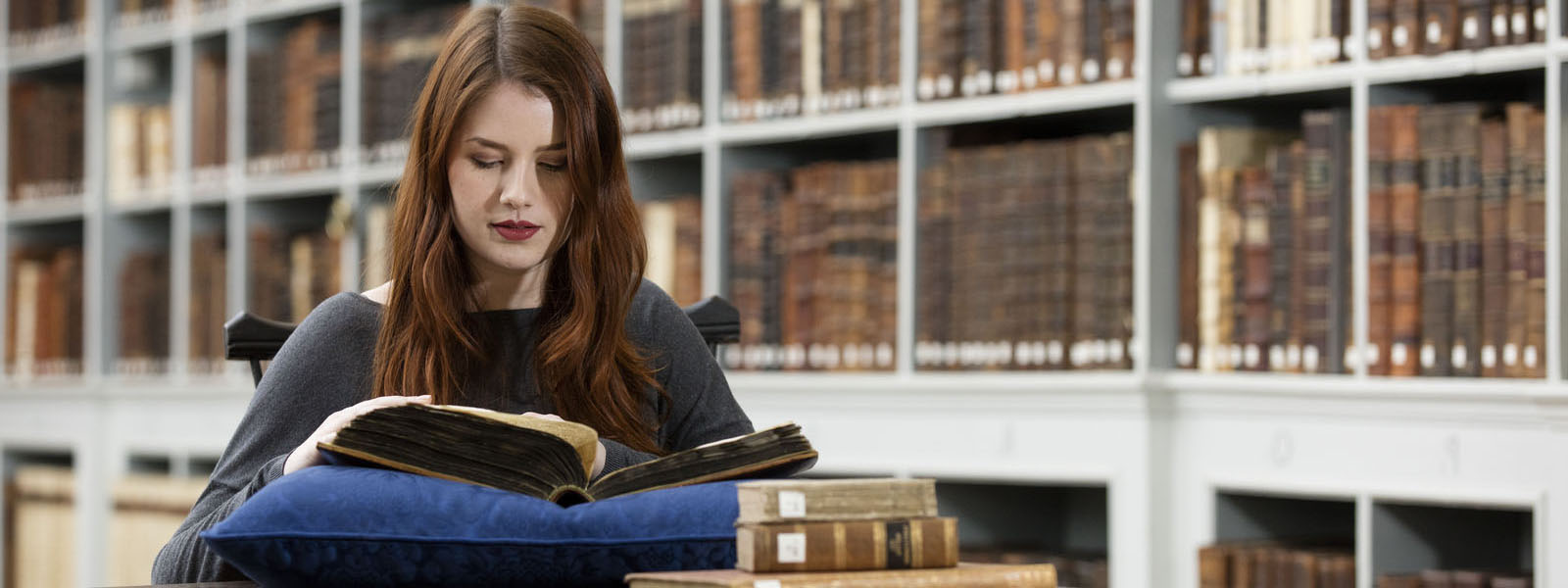How You Study
The History programme at Lincoln is distinctive in that it provides students with an opportunity to engage with a wide range of periods and cultures. Modules range chronologically from the period of the Roman Empire, through the medieval and early modern periods, to the twentieth century, and geographically from Britain to Europe, Africa, Asia, and the Americas.
The programme offers a variety of interdisciplinary approaches to the study of history including the use of film, literature, and visual and material culture, and staff specialisms include medieval studies, political history, media history, gender studies, the history of science, museum history, the history of art, film, and popular culture.
The first year provides students with the chance to develop a solid foundation of historical knowledge and introduces the historical skills required to undertake more advanced work later in the programme. It also provides students with the opportunity to develop a broader set of skills that may prove useful beyond university.
The first year consists of eight modules which cover history from the ancient world through the medieval and early modern periods right up to the 21st Century. There are two skills modules that aim to develop the attributes necessary to tackle university-level work and that examine the historian's craft. There are two survey modules which examine European history from the medieval period to the 20th Century. The remaining core modules focus on visual culture, gender, sexuality, and imperialism whilst students can choose one optional module in semester B. The range of options varies from year to year and may include American History, Chinese History, History of Art, Conservation, Classical Studies, or Philosophy.
In both the second and the third years, you will study two compulsory modules and a further six modules chosen from a range of optional modules based on the research and specialisms of our own historians. Please note that as a research intensive department, subjects may occasionally be unavailable where the relevant historian is on research leave.
Students undertaking this course may have the option to study overseas for a semester in the second year at one of the University's partner institutions in Europe or North America, giving them the opportunity to discover new cultures and experiences. Students are responsible for their travel, accommodation, and general living costs during the term overseas.

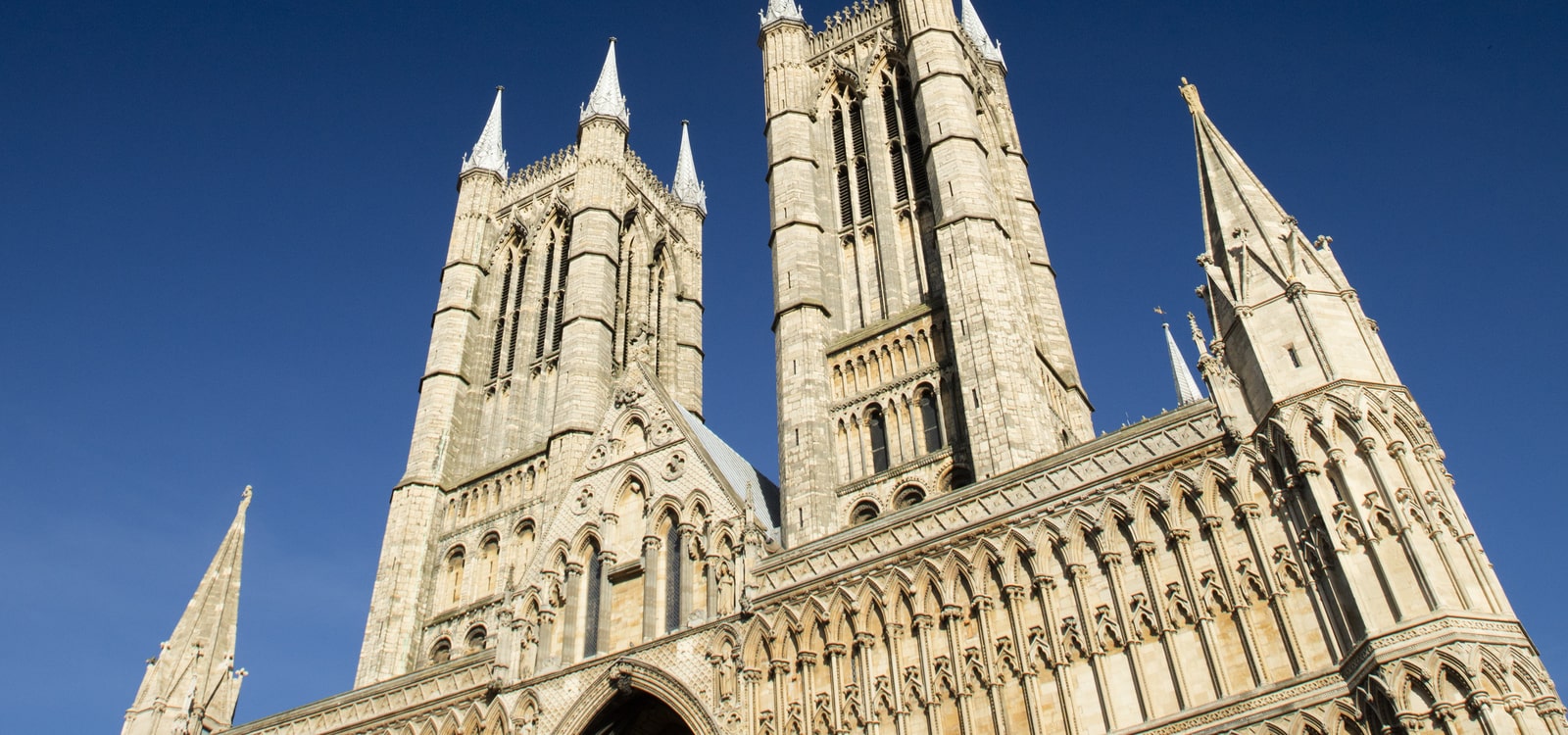


.jpg)
.jpg)


